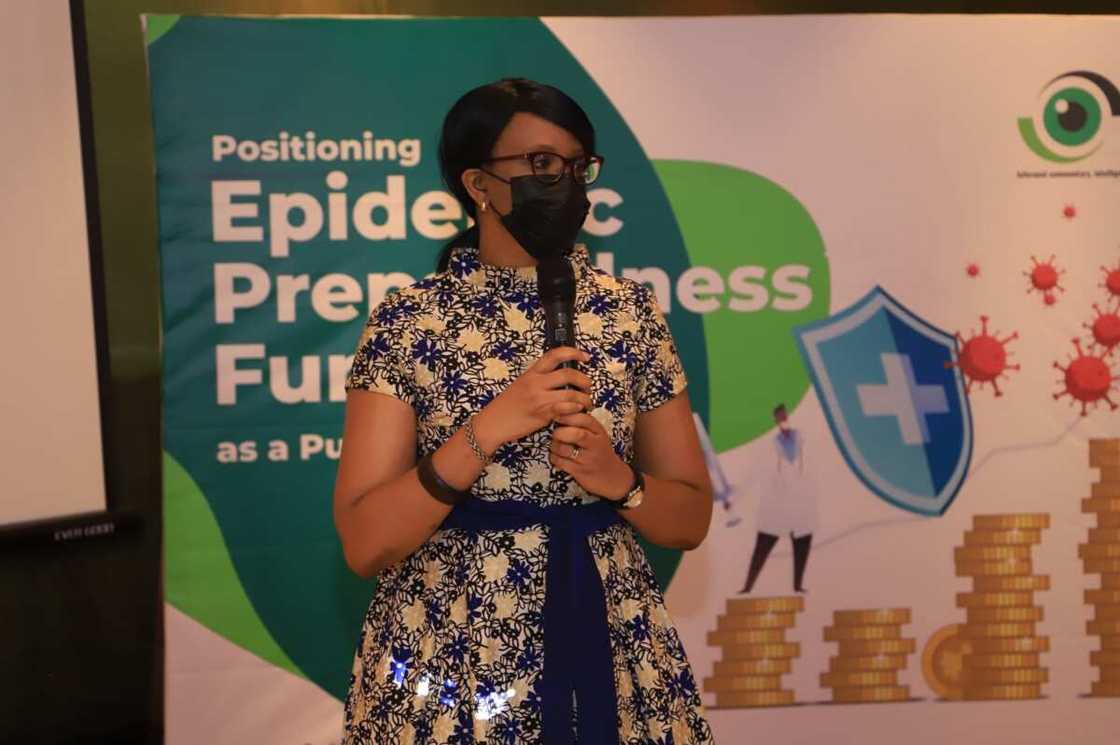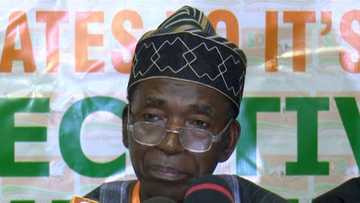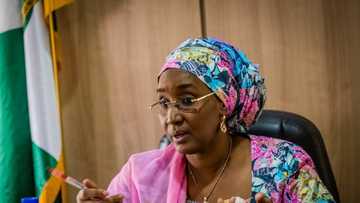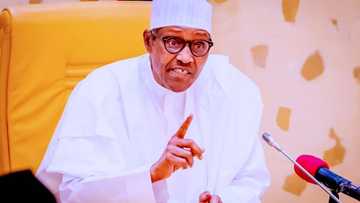FG Needs Substantial Healthcare Funding to Prepare for Future Pandemics, Says Ihekweazu
- Global public health advocate, Vivianne Ihekweazu, says funding to prepare for future pandemics should begin now
- Ihekweazu stated that resource allocation to the health sector in Nigeria, more than ever before, needs greater prioritization
- She noted that Nigerian authorities need to address the burden of communicable diseases ravaging the country
PAY ATTENTION: Join Legit.ng Telegram channel! Never miss important updates!
FCT, Abuja - Vivianne Ihekweazu is the Managing Director of Nigeria Health Watch, a health communication and advocacy organization based in Nigeria, has advised the federal government to begin aggressive healthcare funding to prepare the country for future pandemics.
Ihekweazu made the call during an interview with a Legit.ng reporter on Thursday, July 1 in the Federal Capital Territory, Abuja.

Source: Facebook
PAY ATTENTION: Install our latest app for Android, read the best news on Nigeria’s #1 news app
She was speaking on the sidelines of the Prevent Epidemics Journalism Masterclass organised for journalists by Nigeria Health Watch.
Her words:
“Nigeria has not dedicated a sufficient proportion of its national budget on health. Almost 20 years ago, African governments made a pledge to allocate at least 15% of their annual budget on health (the Abuja Declaration)
“While some countries increased their budgetary allocation to health, however only Rwanda and South Africa can be said to have met that minimum 15% requirement.
“Then came the COVID-19 pandemic – while Nigeria has not been as badly hit as was predicted. The simple fact remains that if it had, we were facing a chronic shortage of ventilators, intensive care beds and equipment and the necessary highly skilled personnel as border closures made us all very vulnerable.
“So in preparing for future pandemics, we can say that there needs to be a paradigm shift in how health is prioritised.
“This should reinforce more than ever the importance of health security and the fact that security goes far beyond human security (which focuses on guns and tanks) to health as well. In addition, preparedness for future pandemics means sustained and substantial funding for healthcare and epidemic preparedness and response.”
Legit.ng gathered that since 2018, Nigeria Health Watch’s epidemic preparedness advocacy has been promoting the #PreventEpidemicsNaija project funded by the Global Health Advocacy Incubator, a program of the Campaign for Tobacco-Free Kids and Vital Strategies.
The Prevent Epidemics Journalism Masterclass was focused on fostering journalists’ understanding of the importance of writing about preparedness in reporting on epidemics, the place of the media in shaping the narrative, and drawing policymaker public attention to the importance of epidemic preparedness.
Meanwhile, to ensure that many Nigerians who have received their first shot of the AstraZeneca vaccine complete their doses and stay protected from coronavirus, the federal government has extended the timeline for the administering of the second dose of the vaccine.
At a press briefing attended by Legit.ng on Thursday, June 24, the executive director of the National Primary Health Care Development Agency, Faisal Shuaib, said the administration of the vaccine scheduled to end on Friday, June 25 has been extended to Monday, July 5.
Shuaib said the FG remains committed to ensuring that every eligible person in Nigeria is vaccinated against COVID-19.
In a related development, the director-general of the World Trade Organisation, Ngozi Okonjo-Iweala, has announced that four countries in Africa have been considered as vaccine production hubs.
Okonjo-Iweala said facilities would be established in Nigeria, South Africa, Rwanda, and Senegal for the purpose of production of vaccines to fight the coronavirus pandemic.
She said the countries would serve as the regional vaccine production hubs with open supply chains that would enable a path to preparedness for any future health emergency crisis.
Source: Legit.ng





